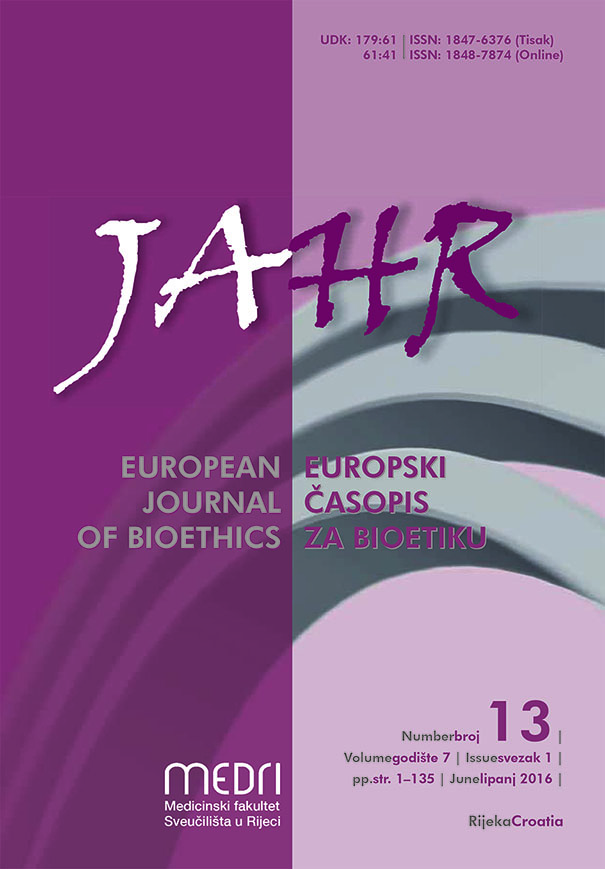INFORMED CONSENT AND THE PATIENTS OF BANGLADESH
Keywords:
autonomy, care ethics, informed consent, patient-physician relation, respect, riskAbstract
In medical practice, informed consent plays a vital role in making ethical decisions. In recent years, informed consent also appears to be a key issue in biomedical discussion. Several definitions of informed consent have already been proposed. However, the socio-economic conditions of different countries are not the same. Many countries differ culturally as well as in literacy rate. Therefore, a unified concept of informed consent might not be justified in every context. This paper discusses the importance of informed consent, different views regarding informed consent and the limitations of applying one single idea of informed consent in every context. It argues that the most plausible concept of informed consent which is achievable for developing countries, like Bangladesh, is based on care ethics. The paper concludes that informed consent could be a ‘natural outcome’ and is really not a barrier in the patient-physician relationship if the idea is seen from the perspective of care ethics.
Downloads
Published
Issue
Section
License
Authors who publish with this journal agree to the following terms:
- Authors retain copyright and grant the journal right of first publication with the work simultaneously licensed under a Creative Commons Attribution License that allows others to share the work with an acknowledgement of the work's authorship and initial publication in this journal.
- Authors are able to enter into separate, additional contractual arrangements for the non-exclusive distribution of the journal's published version of the work (e.g., post it to an institutional repository or publish it in a book), with an acknowledgement of its initial publication in this journal.
- Authors are permitted and encouraged to post their work online (e.g., in institutional repositories or on their website) prior to and during the submission process, as it can lead to productive exchanges, as well as earlier and greater citation of published work (See The Effect of Open Access).



